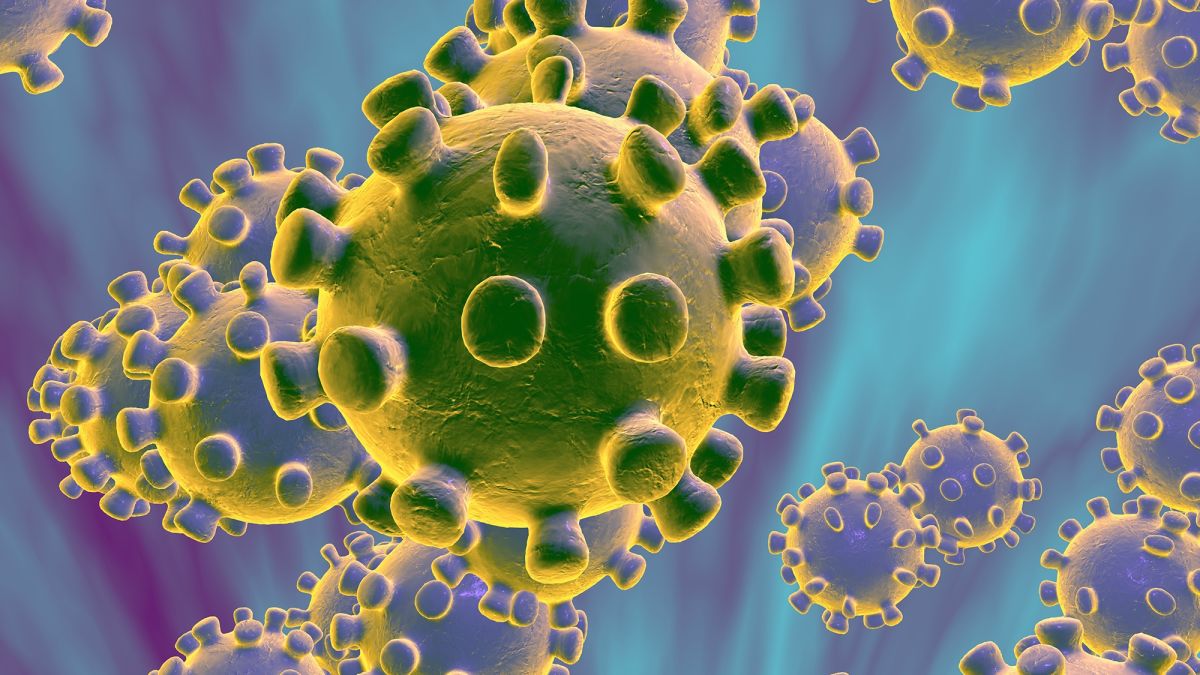Being aware of the stages of breast cancer is important for its curability completely. As you may have known, if breast cancer is detected at stages I or II, the curable chance is up to 85-90%.
For some women who are diagnosed with the breast cancer in the late stage II or early stage III when a huge of axillary lymph nodes spread around (not one or two metastases) or when some indicators in pathology report may not be good to treatment (high Ki-67), the obsession and the fear of the recurrence or return of breast cancer are always happened.
This article is briefly summarized from “Guide for women with early breast cancer” of Cancer Australia, which helps you better understand your illness in order not to be pessimistic, not to be negative and to better control the risk of recurrence.
BCNV cannot guarantee or be responsible or be held liable for this information’s accuracy or completeness; nor be liable for any loss or damage (if any) from the use of information contained in the article. BCNV welcomes and respects constructive feedback from experts, doctors, patients and interested people, which makes the article have more accurate information to better serve to women with breast cancer and to improve the community’s awareness.
The stages of breast cancer
The doctor may tell you which stage of breast cancer you are in. The concept of stage is to summarize the information from the pathology report. Breast cancer is divided from stage I to IV. Breast cancer in the first stage is called Stage I, Stage IIA or Stage IIB (2-5cm). The description of stages shows in the table below:
Stages of early breast cancer | ||
| Stages | Size of the cancer | Have cancer cells been detected in lymph nodes? |
| Stage I | < 2 cm | No (node negative) |
| Stage IIA | < 2 cm | Yes (node positive) |
| 2-5 cm | No (node negative) | |
| No cancer cells are found in the breast | Yes (node positive) | |
| Stage IIB | 2-5 cm | Yes (node positive) |
Stage IIB (>5cm), III and IV are called locally advanced breast cancer or secondary breast cancer/metastatic breast cancer. For further information of above types of breast cancer, please visit the website: www.nbocc.org.au
The features make breast cancer likely to recur or to spread?
If breast cancer is diagnosed early, it can be treated successfully. For most women, breast cancer will not recur after treatment.
Sometimes, breast cancer cells are found in the same breast or in other parts of the body. It depends on the health’s condition of each person and it is not sure whether breast cancer will come back or not. Doctors use the information in pathology reports to assess whether breast cancer will recur or spread into other parts of the body. The features impacting on the risk of breast cancer’s recurrence or spreading listed in the following table. This is the common conclusion based on researches of women who have breast cancer.
| The features make breast cancer easily recur or spread. | ||
| The information in the pathology report | The breast cancer is less likely to recur or spread. | The breast cancer is highly likely to recur or spread. |
| Size | Cancer area is small (less than 2 cm) | Cancer area is large (more than 2 cm) |
| Axillary lymph nodes | No cancer cells are found in lymph nodes | Cancer cells are found in lymph nodes. |
| Hormone receptors | Cancer cells have hormone receptors and you use hormone therapy | Cancer cells do not have hormone receptors, |
| HER2 | Cancer cells are negative with HER2 | Cancer cells are positive with HER2 |
| Grade | Cancer is in low grade (Grade I) | Cancer is in high grade (Grade 3) |
| Surgical Margin | Clear | Unclear |
If breast cancer has one or many above features in the high column, it does not mean that breast cancer will definitely recurs or spreads.
BCNV 12/2013
BCNV strives in our ability to provide the most reliable information for Vietnamese people who are unfortunately diagnosed with breast cancer.
However, BCNV cannot guarantee or be responsible or be held liable for this information’s accuracy or completeness; nor be liable for any loss or damage (if any) from the use of information contained in the article. BCNV welcomes and respects constructive feedback from experts, doctors, patients and interested people, which makes the article have more accurate information to better serve to women with breast cancer and to improve the community’s awareness.
BCNV recommends that patients should talk to their specialist about their decisions during treatment.












